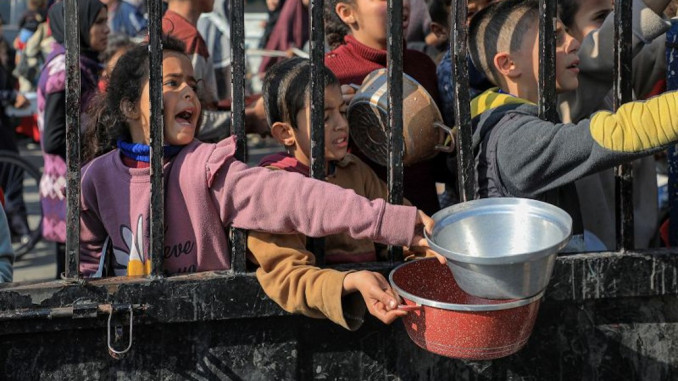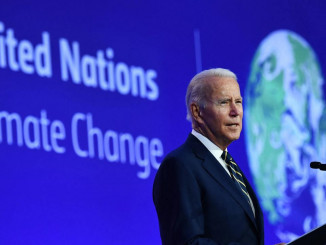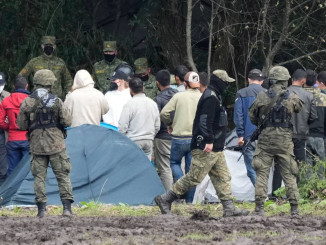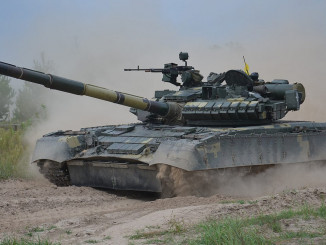
The entire population of Gaza, 2.2 million people, is facing an extreme food shortage. At least 25 people, many of whom have been children, have died due to starvation and dehydration. And about half of the population is expected to face famine in the next few weeks.
Unfortunately, the people of Gaza are not alone. Sudan is currently experiencing one of the world’s worst nutrition crises: more than 2.9 million children are malnourished and an additional 729,000 are suffering from severe acute malnutrition, the deadliest form of extreme hunger. If action is not taken soon, nearly 230,000 children and mothers could die, according to the Save the Children organization.
In a world capable of feeding everyone, there is no reason for these crises to exist. But they do because of wars brought on by imperialism, a stage of capitalism where global powers constantly fight for control over land and resources.
In the Gaza Strip’s case, Israel’s blockade on the area has made conditions so unsafe that humanitarian aid cannot get through. The Israeli state has also put in place new inspection requirements at the border, further stalling charities from delivering food. Israel is clearly using starvation as a weapon to further wipe out Gaza’s population and expand its own control over the region.
This fight for control over Sudan and its resources between two groups has led to the hunger crisis there. Specifically, the groups at war are the Sudanese Armed Forces (SAF) controlled by the head of state Abdel Fatah al Burhan, and the Rapid Support Forces (RSF), led by Mohamed Hamdan “Hemedti” Dalgo. They represent two competing sections of Sudan’s wealthy elite.
Since the civil war in Sudan escalated in April 2023, food production and imports have basically stalled. The conflict has also restricted the transportation of food to more remote areas of the country. And most recently, intensification of the war in states like Al-Jazirah, Sudan’s breadbasket, has disrupted agricultural production and consumption. If this wasn’t enough, millions of people had already been experiencing food insecurity before April due to economic collapse, the climate crisis, and two previous civil wars.
Both crises are the result of a system that prioritizes profit and control over land and resources on a global scale. To address this hunger, we must challenge the system that created these atrocities in the first place.




